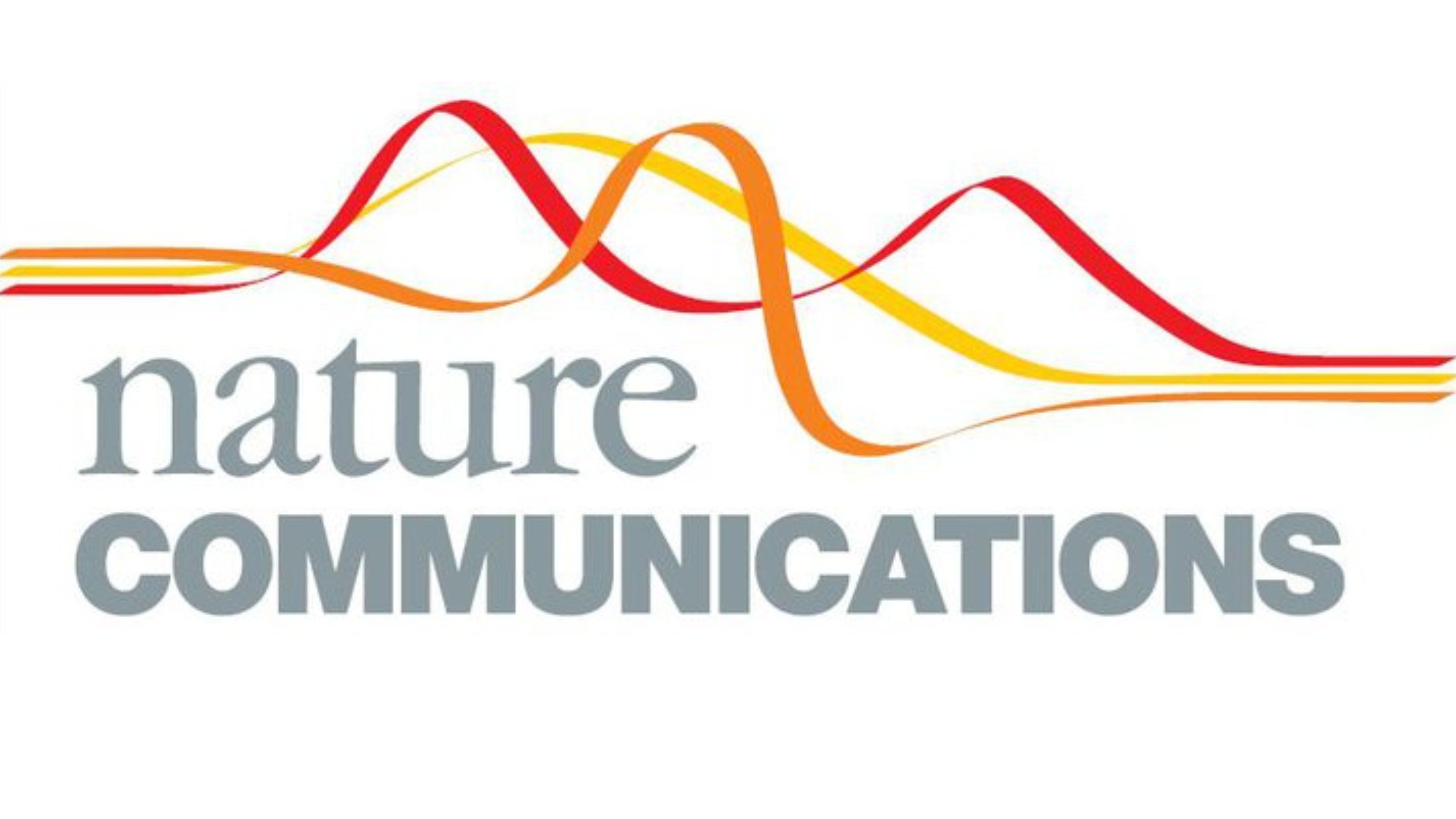Elite scientists outline character traits that make excellent science
Honesty and curiosity are the most important traits underlying excellent science, according to a survey of around 400 members of elite US scientific societies, such as the National Academy of Sciences.

A pilot study led by survey co-organizer Robert Pennock, a philosopher at Michigan State University and an EEB core faculty member, had previously identified the ten most widely held values among scientists who have been honoured by their peers for being exemplary.
Although honesty and curiosity dominated, these virtues also included perseverance, objectivity and the willingness to abandon a preferred hypothesis in the face of conflicting evidence (see 'Core values').
Little empirical research has been done to learn what traits scientists value most in one another, says Pennock, and this work indicates a high level of consensus among elite US researchers about what is important for the practice of science. He thinks that training programmes that emphasize such shared scientific values are likely to be more effective than are those that focus on compliance with official rules of behaviour; 94% of the scientists surveyed felt that scientific virtues can be learned.
About four in five of those surveyed feel that today's trainees share the scientific values that they themselves held when training, and 88% take candidates' scientific character traits into account when recruiting lab members. The team members presented their preliminary results at a meeting of the American Association for the Advancement of Science in February (see go.nature.com/o4urjl), and they plan to publish full results from a sampling of 500 established scientists, in addition to a similar-sized group of early-career scientists, in upcoming months.
Pennock is a Univeristy Distinguished Professor in Lyman Briggs and Computer Science and Engineering.
Read the full story in Nature



